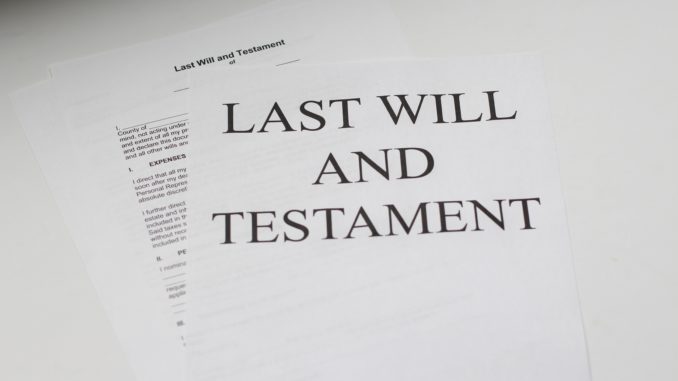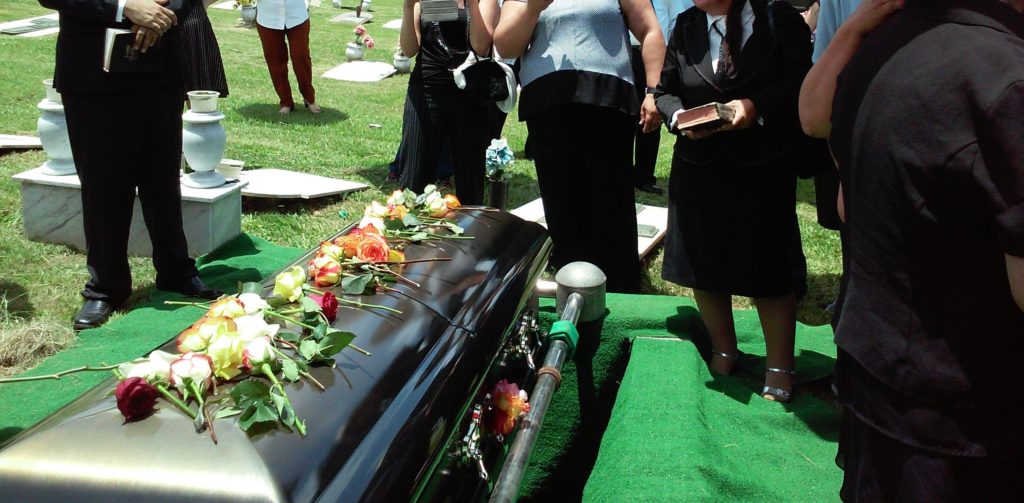
By definition, a Will accounts for a person’s wishes of how their assets and estate should be distributed and handled once they die. It basically spells out who should get what and who should do what after the benefactor’s demise. It clearly points out the beneficiaries and trustees and any legal professionals to be involved. If there are minors in the picture, the Will also states how to be taken care of as per the benefactor’s liking.
On the other hand, a Trust is an arrangement where an individual bestows another party the right to hold the title for assets and property of the trustor on behalf of one or more beneficiaries. The trustor’s assets are legally protected through a trust and must be distributed as per the owner’s liking or specifications upon his demise. Trusts are also beneficial in reducing paperwork, saving time, and reducing estate taxes that stem from inheritance processes. When handling a will and trust for your dearly departed one, here are some things you ought to know.
1. You Need Legal Assistance
If your departed dear one had a will and trust in place, it goes without saying that they involved an attorney in formalizing things. As the kin or close relative to the departed person, estate planning lawyers should be your first point of interest. The lawyer will read and interpret the Will to the family members and help you out with the legal processes. They will also help you out and advise you accordingly on the legal steps to take when disputes from other relatives of the departed arise. This is also in line with the point that follows.
2. Seek Professional Guidance
Sometimes honoring the wishes that the deceased about how their property should be handled isn’t always a simple task. From time to time, issues arise between the beneficiaries and the will and trusts’ custodians. If you are the executor of the Will or the Trust, and you find it challenging to see it through effectively, it is okay to involve professionals like financial advisors and attorneys. If you can locate the lawyer present during the drafting of the will, then you make the whole thing even easier. They will have the guidance required and all resources to make the whole process smooth and simple.
3. Gather the Necessary Documents First
You need to gather all the documents that will smoothen the will’s execution. If there is a will, then there must be copies of the written draft. You should get hold of it first as you focus on the funeral arrangements and other matters that require urgent attention. That way, you will get hold of the death certificate, which will be important in allowing you to execute the will.
You may also need documents such as life insurance policies, birth certificates, real estate titles, military discharge papers, marriage certificates, and any other certificate you find useful to the Will’s execution. Carefully review the documents and the Will so you understand the instructions, the terms, and conditions altogether.
4. Securing Personal Property and Insuring Valuable Assets

Certain items such as photographs, jewelry, diaries might be promised to a relative or a child. Boats, furniture, and homes might as well be promised to someone. As the one in charge of executing the Will of the deceased, you need to make sure these items are well-protected. Without the items, the Will won’t be of any use. Therefore, until the estate is well settled, it’s your job to ensure everything is well protected.
Once the deceased has been buried, and the death certificate has been issued, the next move should be identifying every property they may have owned. You need to ensure that once these properties have been identified and located, they are valued and insured. This way, every asset mentioned in the will can easily be given to the specified person.
5. Distribute the Property and Assets to the Beneficiaries and Account for It
You have probably informed everyone mentioned in the Will or the estate. When filing the probate (if need be), you are required to make sure they all know. That way, they can follow up the entire process. As the executor or at least the one overlooking the execution, you need to make sure every beneficiary gets what they have been assigned. After that, you will need to draft a document accounting for the Will’s execution, which a court has to certify before you can wrap up your work.
And there you have it. Whether you are a trustee, an executor, or a beneficiary, this information should come in handy. The above tips will go a long way in easing things when handling a Trust and Will from a departed dear one.
Support Northern Colorado Journalism
Show your support for North Forty News by helping us produce more content. It's a kind and simple gesture that will help us continue to bring more content to you.
BONUS - Donors get a link in their receipt to sign up for our once-per-week instant text messaging alert. Get your e-copy of North Forty News the moment it is released!
Click to Donate
